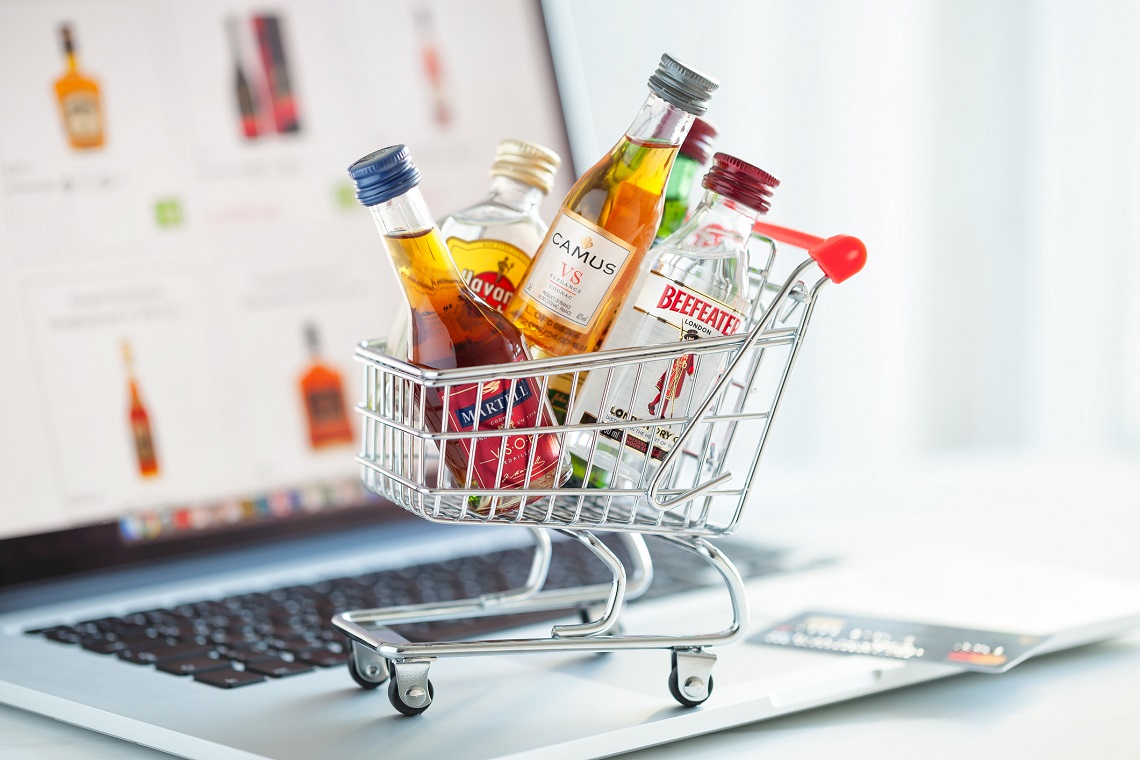In the last 18 months, the pandemic has helped fuel significant changes in the entire retail industry.
The most notable is the increasing shopper focus on the online world, and its one that has become incredibly important to the off-premise liquor retail industry in Australia. This importance has been building even before the pandemic too, according to Shannon Ingrey, Vice President and GM, APAC, at BigCommerce.
Quoting IBIS World data, Ingrey said: “The online liquor retail space has grown at an average of 19.1 percent every year – this is unlikely to slow down.”
Ingrey said that innovation is at the forefront of this growth, and its causing great results for the bricks and mortar liquor stores that are optimising their online presence. The physical stores that recognise the value of e-commerce and integrate online and offline sales channels are in the best place to capitalise on this opportunity.
“E-commerce has become increasingly ingrained in the lives of consumers, with Australia Post recording that 1.3 million households made an online purchase for the first time in 2020. The recent lockdowns across half of Australia show us that things aren’t going back to the way they were,” Ingrey said.
“It’s critical that retailers are meeting their customers where they want to be – and that’s increasingly online. However, by integrating online and offline sales channels into a cohesive experience across touch points, retailers will be optimised for future growth and better positioned should another unforeseen crisis unfold.”
Replicating as much of the in-store experience online is a key element to help retailers stand out in a competitive e-commerce environment. Ingrey said data is the greatest asset for retailers to do this, allowing customers to have uniquely tailored experiences.
“Things like personalised product recommendations, seamless checkout processes and quick delivery are all critical to mimicking the experience consumers have in-store,” Ingrey said.
“Consumers have the ‘world at their feet’ when it comes to online shopping, but with the range of options comes greater expectation. Investing in a single, unified customer experience is key to long term success – both in terms of growth, and customer relationships.”
Some of the examples that Ingrey gave about how this is working with great success include how Endeavour Group brands are meeting consumer demands through online services, and how Coles Liquor is facilitating quicker online checkouts. But then there are the examples from the brand side of the equation, with BigCommerce clients Four Pillars and Lyre’s Spirit Co focusing on customer engagement and satisfaction through their websites.
“What these innovations have in common is that enhancing the customer experience and shopper convenience is at the centre and will only continue, leaving brands to further evaluate their sales methods and channels for how best to service customers where they are and deliver a consistent brand experience,” Ingrey said.
Understanding online shopper behaviour will therefore be crucial for capitalising on the e-commerce opportunity.
“When it comes to online retail, consumers are more purpose-driven than ever before. In fact, some merchants are reporting a significant drop in browsing time. It doesn’t mean people aren’t buying, they’re just better prepared and shopping with the intent of purchasing a particular item,” Ingrey explained.
“As a result, it’s time for liquor retailers to improve their digitisation and enhance their digital offering. Whether it’s better images, videos, or improved shipping and payment options, retailers should focus on making their digital experience as seamless and straightforward as possible.”
However, this doesn’t mean that retailers should utilise every possible option in the online world. Ingrey said a common mistake for many liquor retailers is trying to do everything, even when it doesn’t match the needs of your target audience. For example, if the store’s primary age demographic is over 40, promoting the online offering through a social platform like TikTok, which primarily attracts young people under 18 years old, will not have a positive impact.
“Ultimately, when a liquor retailer is moving into ecommerce it’s important that they understand who they are selling to, where those consumers are and what they’re looking for,” Ingrey said.
By thinking in this mindset and “shifting their business model, merchants will find themselves able to move inventory faster and can improve things that are important to consumers, like delivery times.”
“End-to-end omnichannel approaches will be central in fuelling this growth for the sector, so that customers have a seamless experience whether they are shopping from their laptop, mobile phone or in-store… The future of online liquor retail rests on greater innovation, enhanced customer experiences, and an online presence that creates a connection with customers.”

